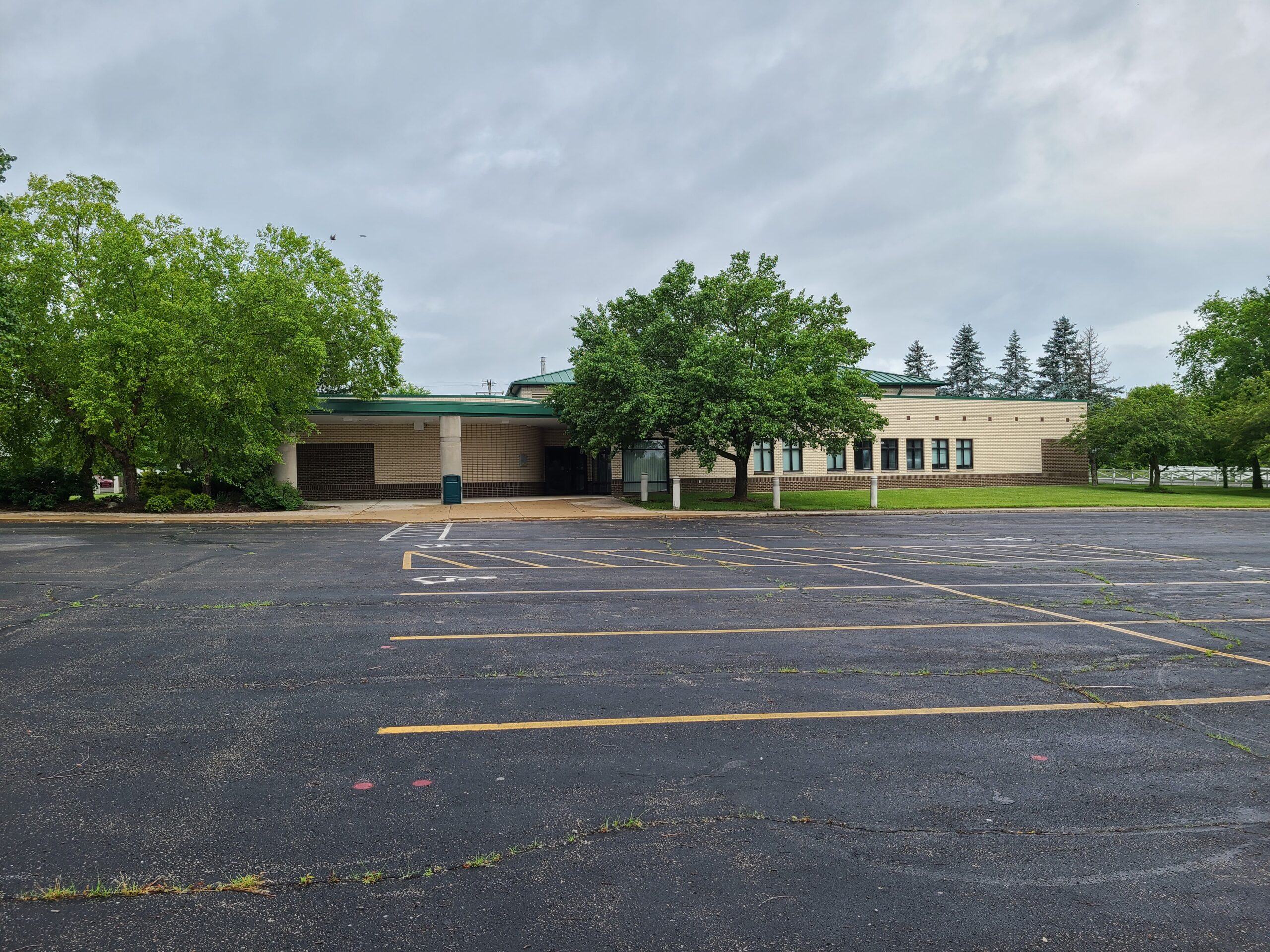
Outpatient Services
Walk-Ins Welcome From 8:00 AM to 4:00 PM.
We offer a full continuum of services that serve each person physically, spiritually, and emotionally while helping people regain stability through second chances in housing and employment.
The first step in accessing treatment is to call (937) 272-4925 to schedule your assessment. During the assessment, a licensed provider will gather information regarding your history and current needs to make personalized treatment recommendations to help start you on your recovery journey. Call today!
(937) 272-4925

Substance Use Treatment Services Include
Standard Outpatient Programming (SOP)
Standard Outpatient Programming focuses on substance use prevention and early intervention through educational groups. Individuals appropriate for this level of care meet criteria for either a mild or moderate substance use disorder. Individuals recommended to this level of care tend to have a recent history of unhealthy decision making in relation to substance use.
Intensive Outpatient Programming (IOP)
Intensive Outpatient Programming focuses on education on substance use disorders, recovery / life skills, healthy communication, and relapse prevention. This level of care has an increase in structure to better support individuals who struggle with moderate to severe substance use disorders.
Partial Hospitalization Programming (PHP)
Partial Hospitalization Programming is an outpatient treatment program that helps individuals struggling with severe substance use disorders. Individuals who participate in this level of care struggle with severe substance use and require a comprehensive regiment to assist them in being able to maintain abstinence from alcohol and drugs. This group is highly structured and focuses on obtaining / maintaining abstinence from mood altering substances.
Aftercare Relapse Prevention Programming (ACRP)
Individuals participating in the Aftercare Relapse Prevention level of care will have a period of 60 days or more of abstinence, have recently completed IOP, and in some cases can be recommended for individuals that have had a period of abstinence with a brief relapse. This level of care is recommended for individuals with moderate and severe substance use disorders. This level of care focuses on relapse prevention, the strengthening of recovery / relapse prevention skills, and the further development of healthy social support systems.
Substance Use Disorder (SUD) Peer Support
Peer Support Services provide a safe and non-judgmental space where individuals can connect with others who have faced similar challenges and receive support from trained peer supporters. Our peer supporters have been through their own recovery journeys and understand the unique challenges that come with addiction, mental health, and trauma. Peer supporters meet individuals where they are and walk alongside them to discover their pathway to recovery through exploration and goal setting. Peer supporters help restore hope, empower individuals to rebuild their lives, and provide support along the way. The frequency of services is determined on an individual basis.
Substance Use Disorder (SUD) Case Management
SUD Case Management Services may be available to individuals while they are participating in other SUD services at Emerge. SUD case management includes activities that assist and support individuals in gaining access to needed medical, social, educational, and other services essential to meeting basic human needs. SUD case management services are individualized based on the unique needs of each individual. The frequency of services is determined on an individual basis.
Mental Health Treatment Services Include
Mental Health Outpatient Individual Counseling
Mental Health Outpatient Individual Counseling is a process where individuals work one-on-one with a licensed and trained mental health clinician in a safe, caring, and confidential environment. Individuals who seek individual counseling are often looking for help with issues that affect their life, such as personal problems or issues of a behavioral, emotional, marital, vocational, educational, or life-stage nature. Oftentimes individuals are seeking help due to feelings of anxiety, anger, or depression. Our mental health counselors will help individuals gain skills and learn behaviors that influence their well-being and put them on the path to mental wellness. The frequency of services is determined on an individual basis.
Biblical Counseling
Biblical Counseling offers evidence based treatment modalities with woven in Christian Biblical concepts that are relevant to the individuals experience. Biblical Counseling is offered by a trained and licensed counselor who has competency in Biblical approaches to clinical care.
Couples and Family Counseling
Couples and Family Therapy is for anyone who is interested in improving their personal relationships. These couples therapy services are available to those who are seriously dating, engaged, married. Family therapy services are available to any kind of family, no matter the make-up (blended, single-parent, traditional).
These services are not only for those experiencing crises in their relationships, but also for those who need help working through important decisions and those who are just looking to strengthen their relationships. The focus of these services will vary, but each session will seek to explore the various ways each person contributes and responds to their relational “system” and discover new and better ways to interact in healthy and healing ways.



